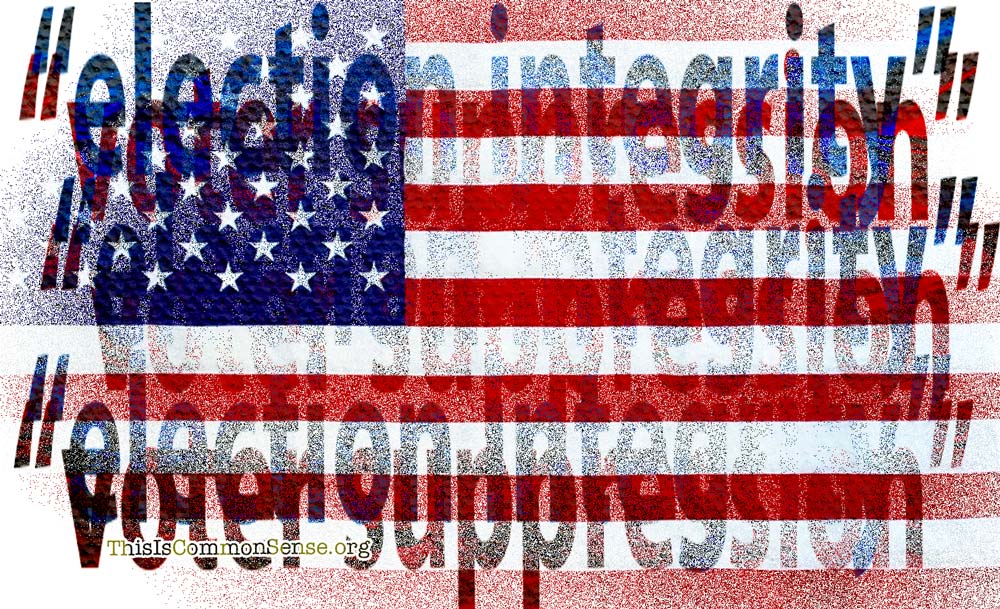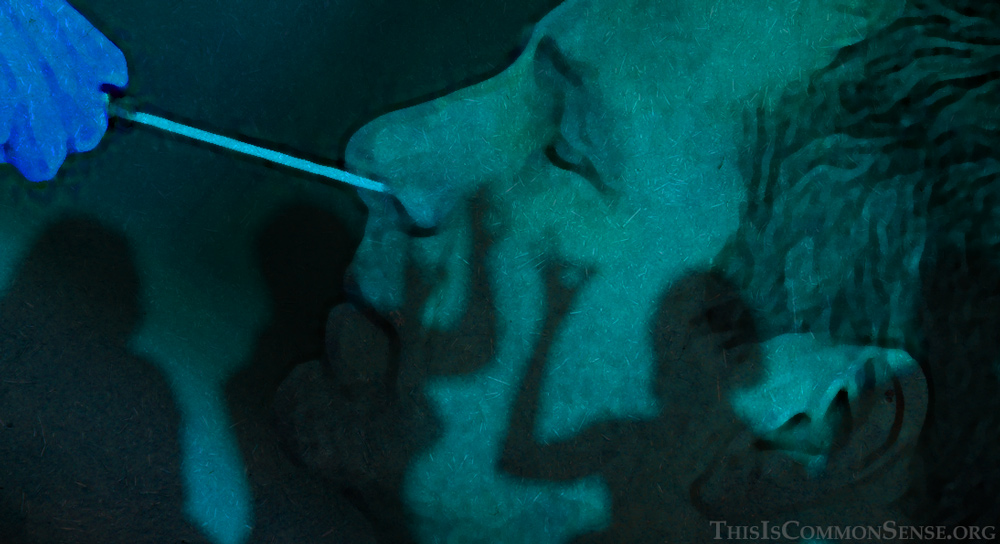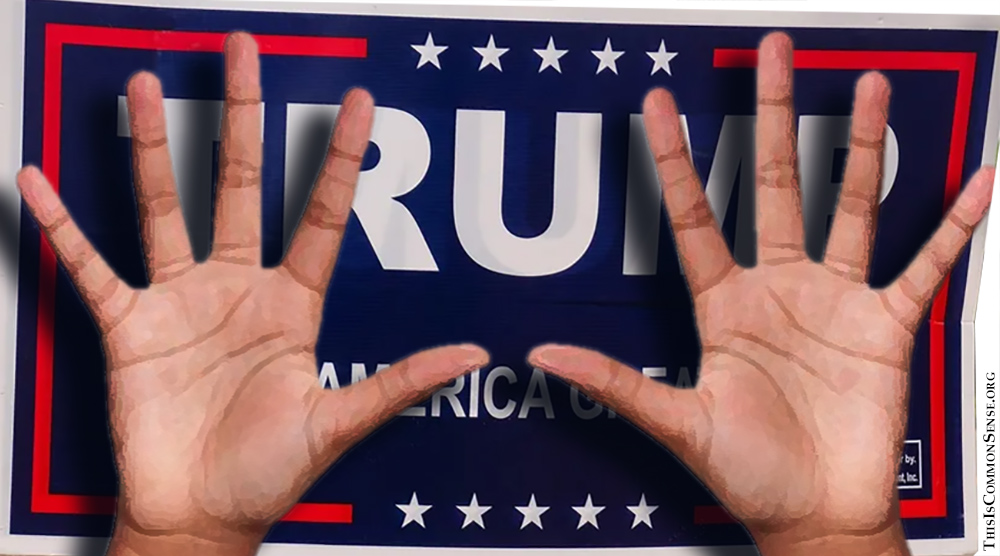“I felt a great disturbance in the Force, as if millions of voices suddenly cried out in terror and were suddenly silenced.”
That’s Obi-Wan Kenobi’s line in the original Star Wars movie, sensing that the Empire’s Death Star had obliterated all the inhabitants of the Planet Alderaan.
It popped into my mind on Friday, after learning of the ruling handed down by the Mississippi Supreme Court that not only strikes down a medical marijuana ballot initiative passed by voters last November but “judicially kills Mississippi’s citizen initiative process,” as Justice James Maxwell wrote in his fiery dissent.
The Magnolia State’s entire initiative process has been destroyed.
When the direct citizen initiative process was enacted, in 1992, Mississippi sported five congressional representatives. The constitutional provision setting out how to qualify an initiative was worded to allow only “one-fifth” of the required petition signatures to come from any of the state’s five congressional districts (CDs). After the 2000 census, however, the state lost a congressional seat. Now with only four, simple math does not allow a way to get the prescribed balance of signatures.
Talk about a catch-22!
State officials just kept using their old maps with five CDs for ballot initiatives in order to comply with the letter of the law. But the court says that does not suffice.
Only a constitutional amendment can restore this citizen check on politicians, and after the court’s ruling, only the legislature can place that amendment on the ballot.
“Legislative leaders have not said clearly why they have not updated the initiative process in the 20 years since Mississippi lost a congressional district,” the Jackson Clarion Ledger reported Friday.
That’s simple: They don’t want citizens to have a check on them.
Can citizens strike back?
This is Common Sense. I’m Paul Jacob.
Note: Mississippi voters first passed an initiative and referendum process in 1914 and the state supreme court upheld the validity of the process against a legal challenge in 1916. But after a 1922 initiative ruffled establishment feathers, the state supreme court reversed its earlier ruling and struck down the process in total. It was not until 70 years later, that the legislature would act to restore some measure of citizen initiative.
starry sky /space ship / flag / JGill / 🎨
—
See all recent commentary
(simplified and organized)





